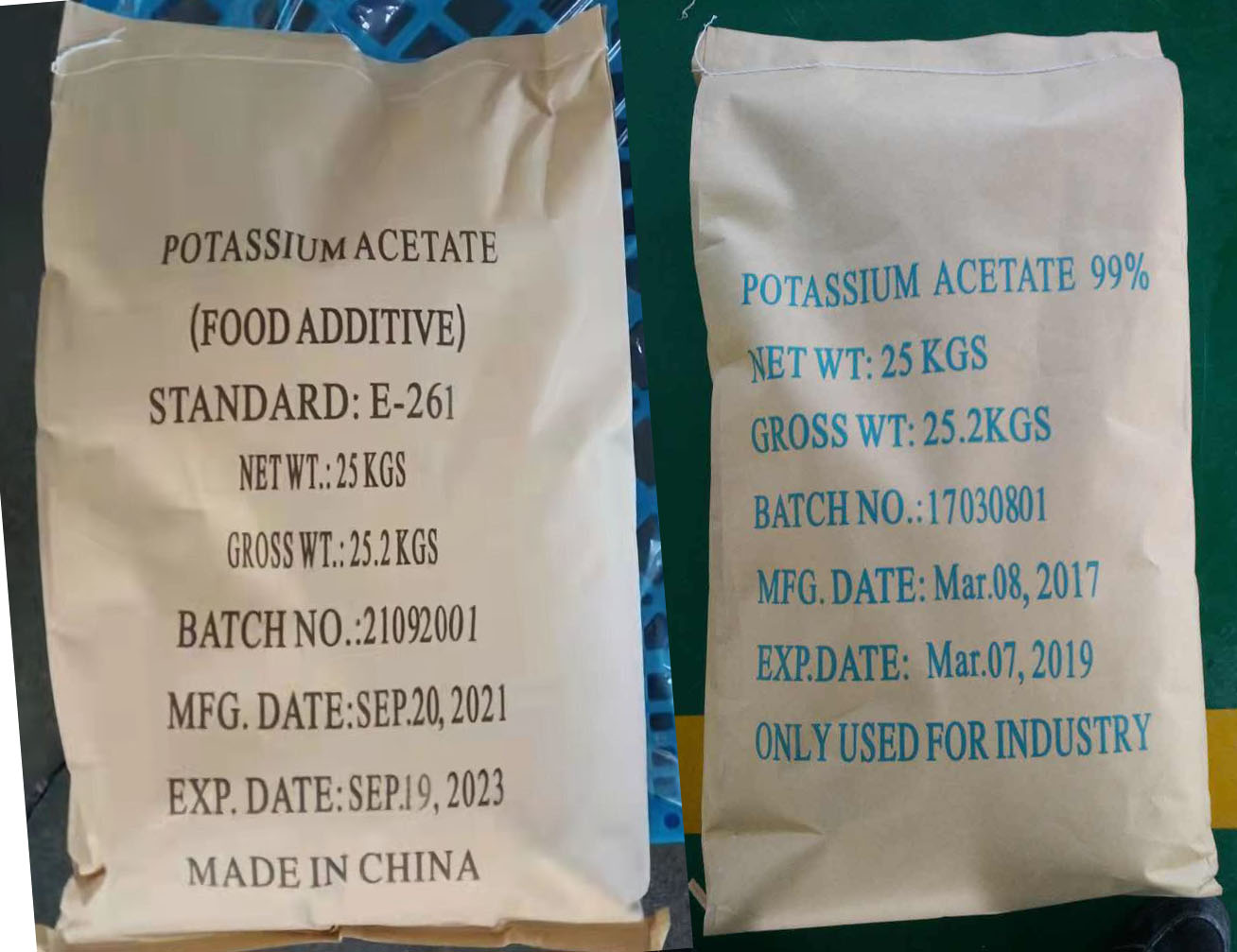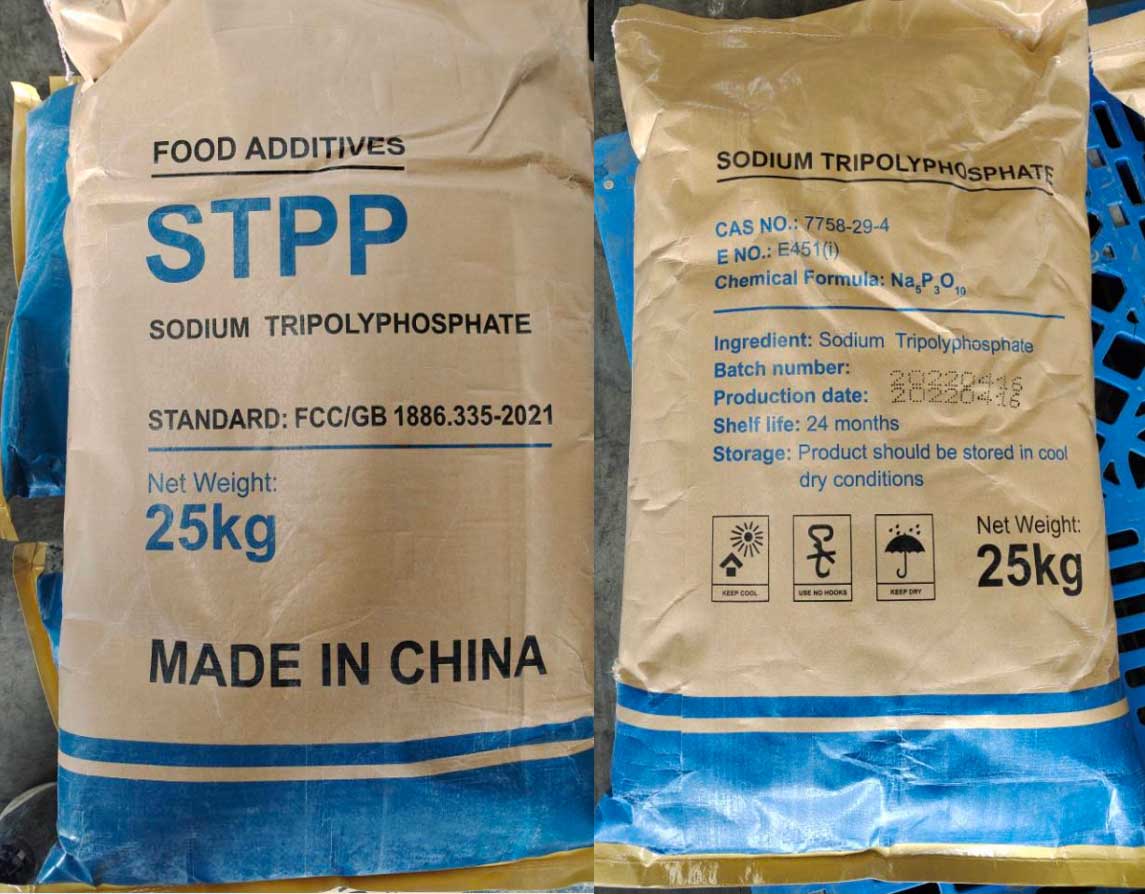Potassium acetate, a compound with the chemical formula CH₃COOK, is a versatile substance that finds extensive use in various industries. One of its most prominent applications is as a deicing agent. Unlike traditional deicing agents like sodium chloride (rock salt), potassium acetate is less corrosive and more environmentally friendly. It effectively lowers the freezing point of water, making it an ideal choice for deicing roads, runways, and other surfaces. This property is particularly valuable in regions that experience harsh winter conditions, where ice and snow can pose significant safety hazards.
In addition to its deicing capabilities, potassium acetate is also used as an anti-freezing agent. When mixed with water, it forms a solution that remains liquid at sub-zero temperatures, preventing the formation of ice. This makes it useful in a variety of settings, such as in the construction industry, where it can be added to concrete to prevent it from freezing during cold weather. It is also employed in the automotive industry, where it can be used in windshield washer fluids to keep them from freezing and to improve visibility during winter driving conditions.
Another important application of potassium acetate is as a snow-melting liquid. Its ability to lower the freezing point of water means that it can melt existing snow and ice, making it easier to clear pathways, driveways, and other surfaces. This is particularly beneficial in urban areas where rapid snow removal is essential to maintain traffic flow and pedestrian safety. Moreover, potassium acetate is less harmful to vegetation and infrastructure compared to other deicing agents, making it a preferred choice for many municipalities and businesses.
In the agricultural sector, potassium acetate serves as a high-performance fertilizer. It provides plants with a readily available source of potassium, which is essential for plant growth and development. Potassium plays a crucial role in regulating water balance, enzyme activation, and stress tolerance in plants. By using potassium acetate, farmers can enhance crop yields and improve the overall health of their plants. Additionally, it is compatible with other fertilizers and can be easily incorporated into existing nutrient management plans.
Potassium acetate also has applications in the food industry as a food additive. It is used as a preservative, flavor enhancer, and buffering agent. In the preservation of foods, it helps to inhibit the growth of microorganisms, extending the shelf life of products. As a flavor enhancer, it can improve the taste of certain foods, making them more palatable. Furthermore, its buffering properties help to maintain the pH levels of food products, ensuring their stability and quality.
The versatility of potassium acetate extends beyond these primary applications. It is also used in the pharmaceutical industry, where it can be found in some medications and supplements. In the manufacturing sector, it is used as a solvent and a catalyst in various chemical reactions. Additionally, it has been explored for use in the production of biofuels, where it can help to break down cellulose and other complex carbohydrates, making them more accessible for fermentation.
In conclusion, potassium acetate is a multifaceted compound with a wide range of applications. Its effectiveness as a deicing agent, anti-freezing agent, and snow-melting liquid makes it invaluable in regions with harsh winter conditions. Its use as a high-performance fertilizer in agriculture and as a food additive in the food industry further underscores its importance. With its numerous benefits and minimal environmental impact, potassium acetate is likely to continue to play a significant role in various industries for years to come.
Keywords:
- Deicing Agent
- Anti-Freezing Agent
- High-Performance Fertilizer
- Snow-Melting Liquid
- Food Additive




